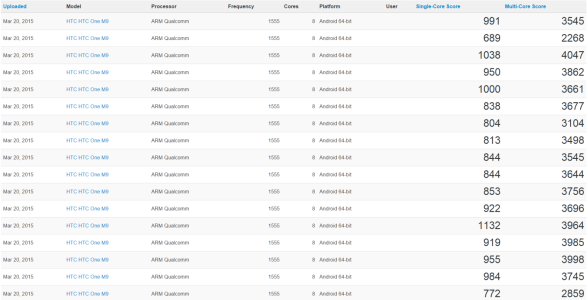They committed to their own processor BECAUSE the 810 was overheating. How hard is this to understand?
News broke that the 810 was overheating when? The beginning of December? Let's give Samsung the benefit of the doubt and assume they knew about this issue early. Say mid October. At that point they decide to do a full 180 and use only their own chip for the phone. In 5.5ish months they would need to do a major board redesign while updating the firmware to be compatible with the new chip and buttoning up the software so it ran correctly on that new firmware. All of this taking place in probably half the time of their normal development process (assuming ~1 year) plus placing orders and receiving finished products before MWC. This would take an absurd amount of engineering effort. These parts aren't just swappable. Their who knows if they even have the same number of outputs.
You really think Samsung would waste their money focusing on HTC when HTC's marketshare was already plummeting all around the world?
Yes. Assume HTC only sells 1 million M9s. Maybe all of those buyers would have bought an S6 or S6 edge instead. Maybe only half or a quarter. It's still a significant number. If you can get Android people doubting another Android product you're likely removing them from the competition. Sounds like a pretty fantastic plan if you're trying to keep up with Apple's total number of devices sold. Samsung isn't most likely to steal Apple customers. They're most likely to steal customers from HTC, LG, and Sony. People already in the Android ecosystem.


